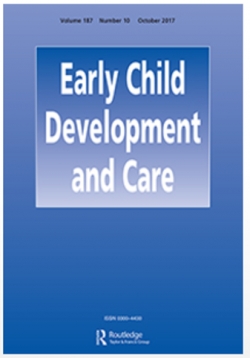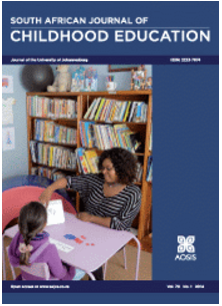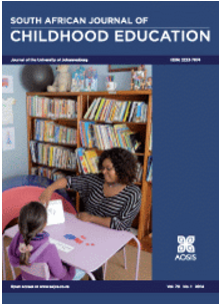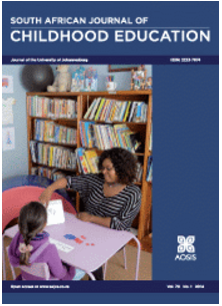Early Child Development and Care 18(3):289-298 Situated ethics: possibilities for young children as research participants in the South African context

Type
E-Journal
Authors
ISSN
1476-8275
Category
ECCE
[ Browse Items ]
Publication Year
2011
Publisher
Taylor & Francis Online, London, United Kingdom
URL
[ private ]
Pages
10 p.
Subject
Early childhood development, Sociological research, Participants, Young children, Ethics, Codes, Situated ethics approach, Informed consent, South Africa
Series Name
Abstract
The ethics of engaging in sociological research involving children has primarily been shaped by a set of general principles and codes that are applied to all situations. Whilst this has been a crucial guideline for researching children’s experiences, it is inadequate in addressing the moral complexities that confront researchers in specific research settings. The situated ethics approach promotes the notion that all ethical acts are constructed and practised in particular contexts where researchers make in situ decisions. There is a gap in research using this approach for early childhood in South Africa. This article interfaces the situated ethics approach with practices to position young children as participants in research to discuss how ethical decisions are made in concrete situations. The author’s experience of undertaking research on the constructions of childhood by children in two early childhood centres in KwaZulu‐Natal, South Africa, forms the backdrop for discussions on the processes of informed consent, power relations and techniques for listening to children. The article proposes that by embracing situated ethics as a flexible and reflexive approach, spaces are created not only for learning about and from young children in their lived contexts but also for thinking about how to do research with them.
Description
Article
Number of Copies
1
| Library | Accession No | Call No | Copy No | Edition | Location | Availability |
|---|---|---|---|---|---|---|
| Main | 109 | 1 | Yes |




